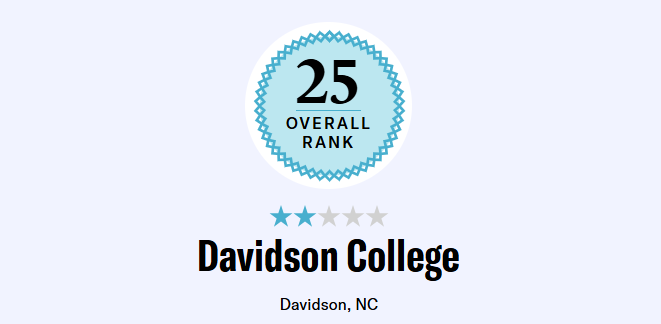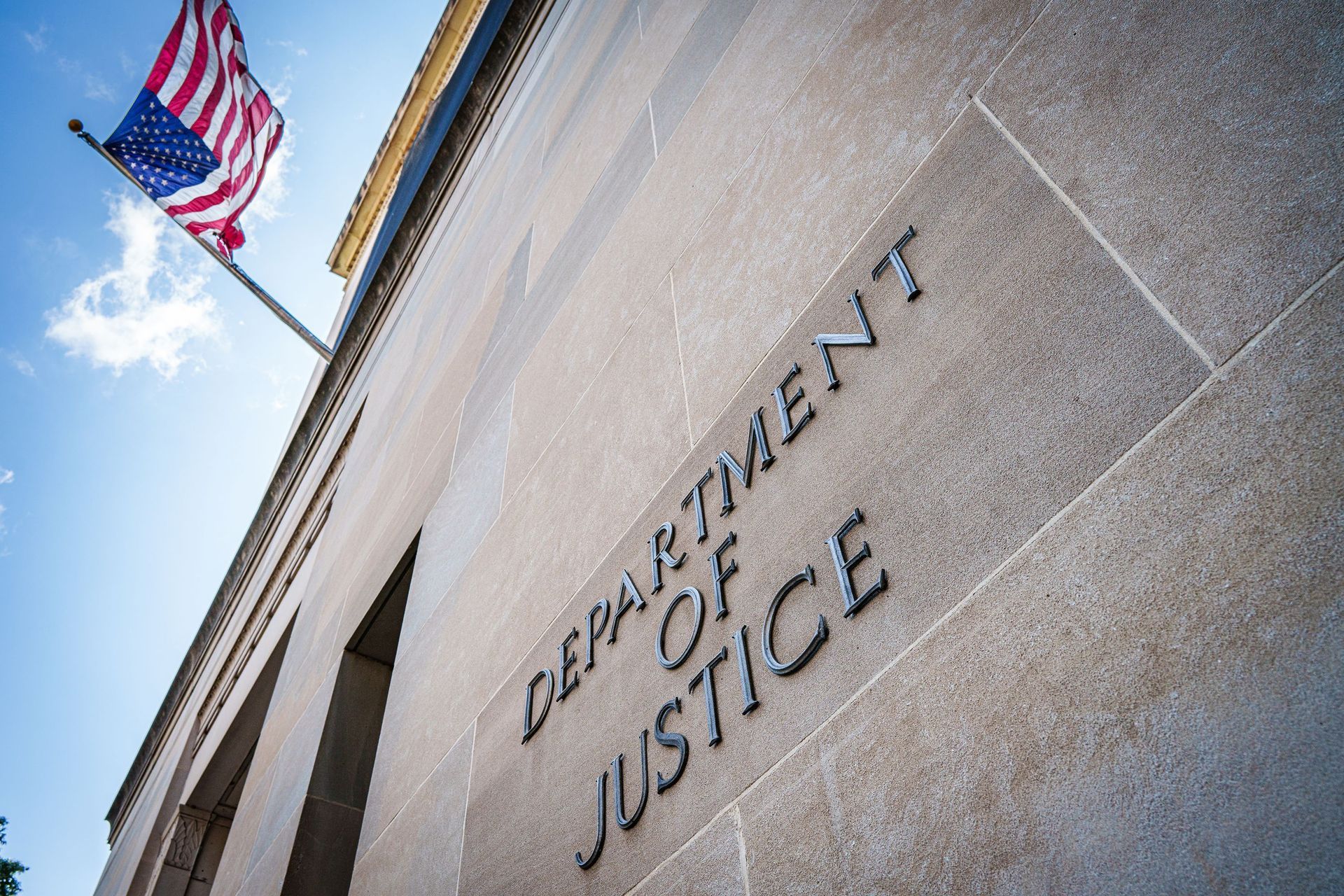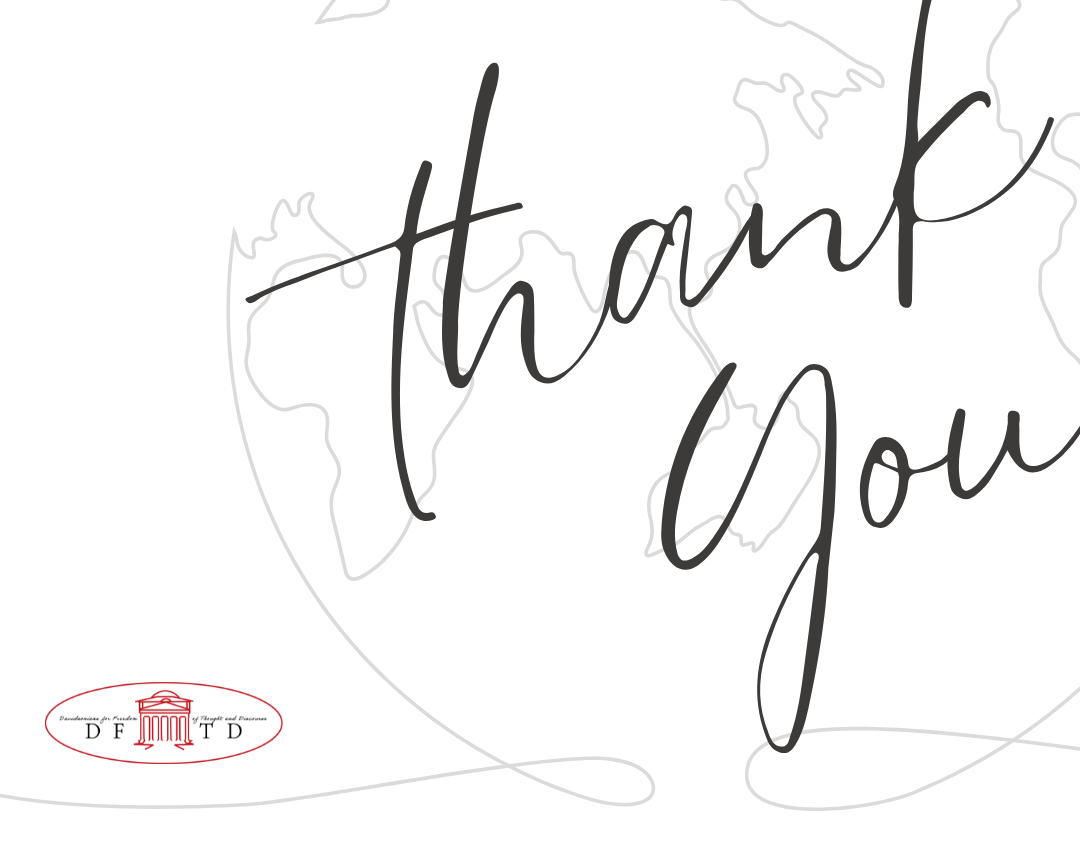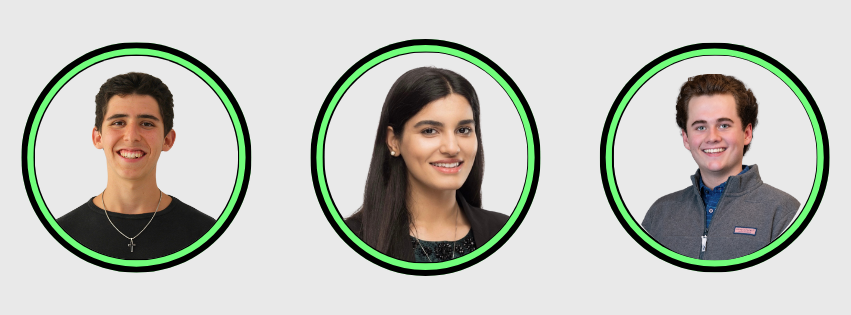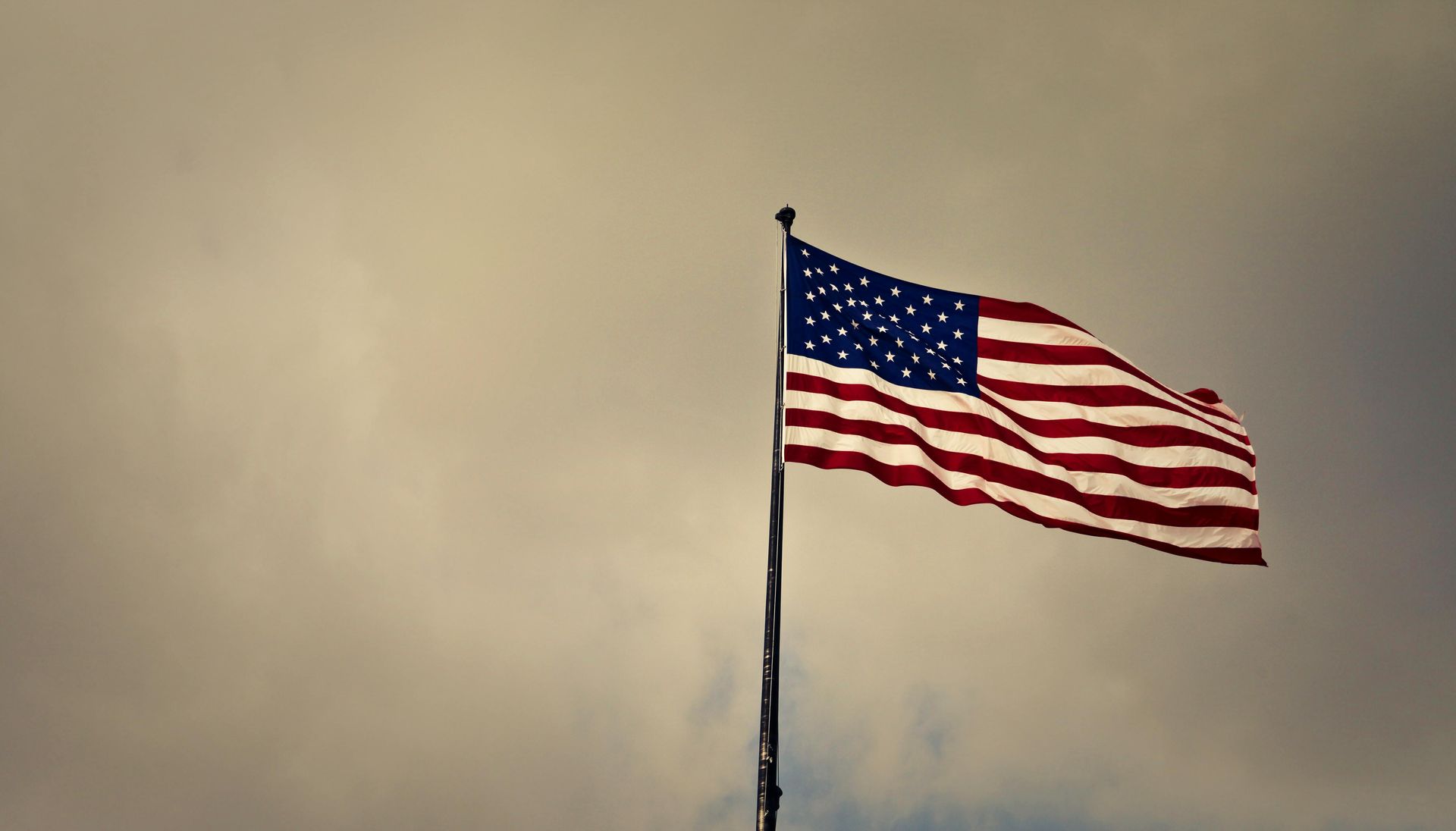August 13, 2025
By Hannah Fay '25 Dear Davidson Faculty and Biology Professors, I recently graduated from Davidson College in May with a degree in biology. For much of my undergraduate experience, I was on the pre-PA track, driven by a passion for helping people. However, during the fall of my senior year, I reevaluated my long-term goals, making a pivotal shift toward health policy, health reform, and politics. I decided to no longer pursue PA school when I got involved in Young Americans for Freedom and during an internship with Davidsonians for Freedom of Thought and Discourse. While this did not change the classes I took in college, the lens from which I took them had changed. This transition led me to Washington, D.C., where I joined The Heritage Foundation — a prominent conservative think tank — as the Communications Fellow. I’m excited to contribute to the conservative movement and drive impactful change in health and public policy. My career aspirations shifted the moment I started asking questions. I’ve always been conservative. While it’s true that Davidson is not widely known for conservative voices, many of my peers quietly share my convictions. Yet, they hesitate to speak up in class or challenge professors’ perspectives out of fear of grave consequences and being ostracized by classmates. That said, my intent is not to dwell on this issue, but to address the Biology Department directly: I urge you to foster critical questioning and ideological diversity in biology, empowering students to become true critical thinkers. As a liberal arts institution, students attend Davidson to engage in critical thinking. Learning how to think is different from learning what to think. Many Davidson College students pursue biology to help and heal people while others pursue cancer research, probe the origin of life, or tackle pressing environmental challenges. Learning how to think requires engaging in rigorous, high-level discussions. These conversations go beyond one-sided opinions or theories; they involve deconstructing every premise, interrogating narratives, and exposing blind spots. This forges true critical thinkers, shapes our values, and determines facts. I realize professors bring established beliefs into the classroom — yet I urge biology professors to be facilitators rather than dictators over students’ beliefs. Reflecting on my time at Davidson, I grew exponentially in classes when professors played devil’s advocate — challenging arguments and demanding reasoning behind students’ positions. Though these courses were undoubtedly the most rigorous, that very rigor defines the challenging, growth-focused experience Davidson students seek. Students come to college at the impressionable ages of seventeen or eighteen, likely leaving the familiarity of home for the first time. Some students seek to escape the protective bubble their parents created, others rebel against those expectations, many search for a belief system to embrace, and still others wish to strengthen their existing convictions. Yet, to strengthen, one must be stretched. I've found that true growth often comes from being questioned — it's in those moments that I'm pushed to understand and articulate why I hold certain beliefs. If I can’t explain the reasoning behind my convictions, do I genuinely believe them? Some of my most meaningful conversations at Davidson were with people whose perspectives differed from mine. These discussions stretched me to defend my beliefs thoughtfully, which not only strengthened my convictions but also deepened my understanding of another perspective. At the same time, being open to questioning creates space for evolving perspectives. Thoughtful inquiry must begin with the professors. When faculty consistently question assumptions, it signals to students that intellectual exploration is not just encouraged — it’s nonnegotiable. Yet, from my personal observation, there has been a decline in students actively questioning, though I don’t believe this stems from a loss of curiosity (although this is a point worth considering). A study from 2021 revealed that only 4.3% of students ask questions ‘often.’ This study suggests that common barriers to asking questions include being afraid of judgement and not knowing enough to ask a ‘good’ question. Students hesitate to ask questions that challenge what they perceive to be their professors’ viewpoints. Students are more likely to speak up when they see their professors humbly wrestling with difficult questions, modeling the very curiosity and analytical rigor that higher education claims to foster. In an era when many young people feel pressure to conform or self-censor, inquiry from professors becomes a powerful tool: it legitimizes uncertainty. Moreover, ideological diversity has become a lost art at Davidson College. During my undergrad, I rarely encountered a balance of ideology in the classroom. Most — if not all — of my classes advanced the liberal agenda. For example, after the 2024 election, I had many biology classes cancelled the next day in response to President Trump winning the election. One of my professors spoke to the class as if everyone in the class should be mourning the outcome of the election, without any regard to the fact that many students voted for President Trump. If the outcome were the other way around, I am certain that not a single class would have been canceled. A close friend of mine went to her class the day after the election and found what seemed to be a funeral service being held in the classroom. The professor had turned the lights off, was crying, and gave each student a hug as they walked into the room. There were countless stories from professors all over campus of their reactions to the election and how they pressed their agenda onto their students — telling them that their rights were going to be taken from them and lying about President Trump. This is particularly disappointing given Davidson’s identity as a liberal arts institution, one that should celebrate intellectual diversity and the exchange of differing viewpoints. Differences in thought strengthen a community, not divide it, as they too often do in education today. I urge biology professors to actively foster ideological diversity in your classroom — even when those views differ from professors’ own. Professors — please take care not to silence conservative voices, whether intentionally or unintentionally. Encourage thoughtful, respectful dialogue, and help ensure that all students feel free to speak, question, and engage without fear of their grades suffering or facing rejection from peers. Please, when presenting a biologist’s research, do not declare, “Her research is important because she was openly gay in the 80s.” How incredibly insulting to her intelligence. Her ideas — not her sexual identity — should be the reason the biology department teaches her work. Do not tell students that if they get pregnant, they should come to you so you can “help them take care of it.” Parents are not paying $85,000 a year for a professor to tell their daughter to get an abortion, or for a professor to encourage their son’s casual sex. Not to mention, biologists, more than any other person, should understand that life begins at conception. Thus, termination — of any kind, for any reason — of a fetus after conception is murder. Moreover, educators are not parents and have no mandate to recommend abortion. And professors must face the fact: encouraging casual sex does not empower students. Professors should keep their political affiliations private: they must not impose an unsolicited agenda on students. Davidson College attracts minds full of brilliant questions. The biology department must become a crucible for genuine thought, not indoctrination. Welcoming diverse inquiries — subjecting each to the same scrutiny — models the open-mindedness at the heart of a liberal arts education. I hope biology professors do their own research before presenting information to students as “fact.” I hope office-hour conversations become a safe space for students to challenge and explore convictions, even when those convictions differ from their professors. Davidson students have the opportunity to learn from some of the best and highest-minded professors in academia – it would be a disservice to both parties to not welcome proper discourse. I hope the biology department considers my recommendations for balanced ideological thought in their classrooms. Thank you for your time and consideration. Hannah Fay ’25 Hannah Fay graduated from Davidson College in 2025 with a Bachelor of Science in Biology and currently serves as a Communications Fellow at the Heritage Foundation.
